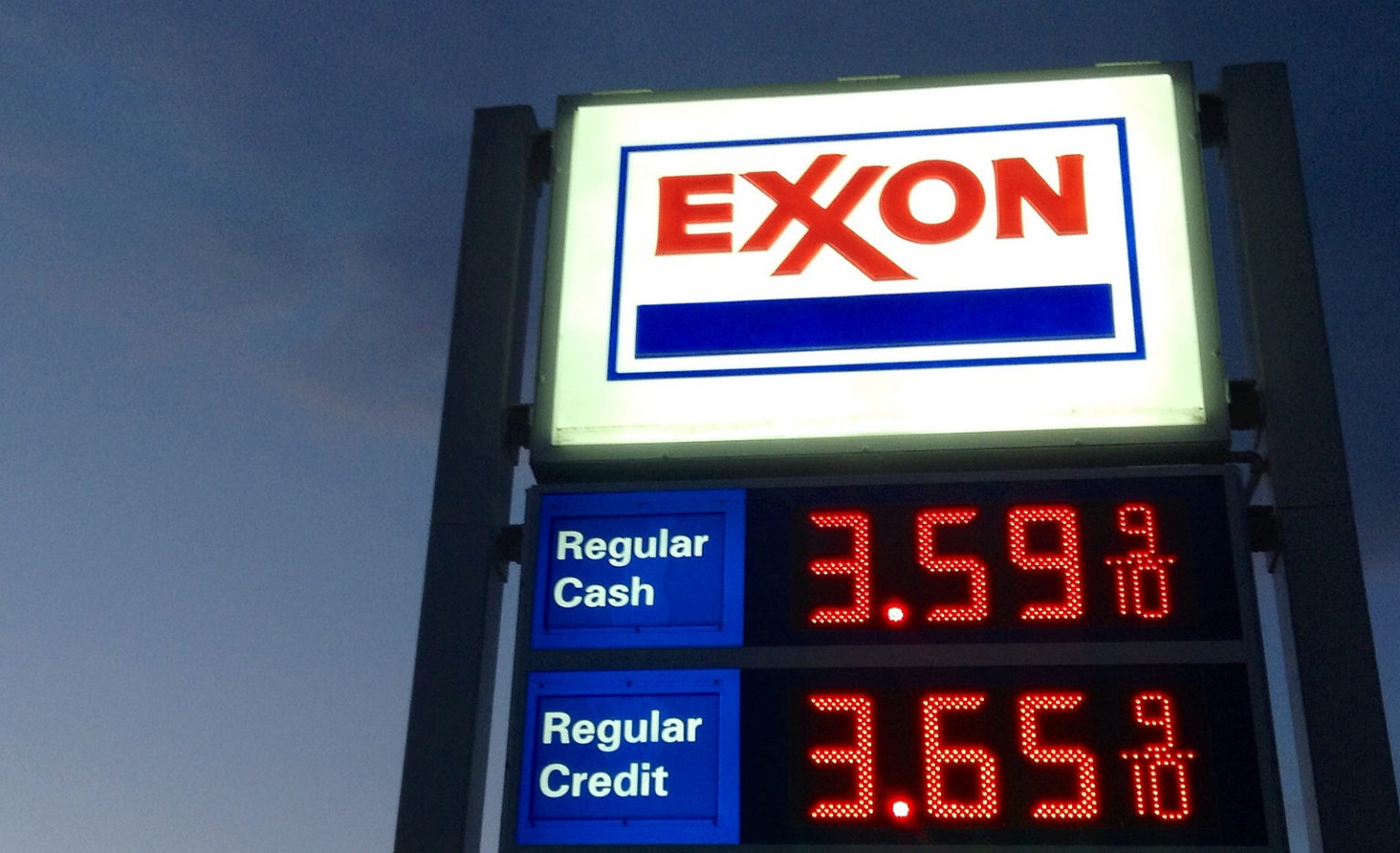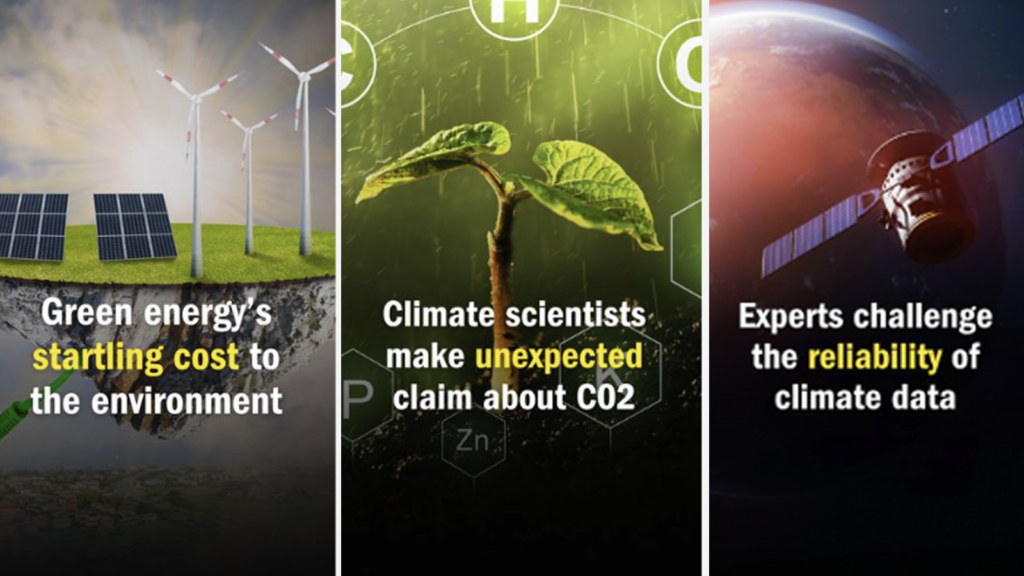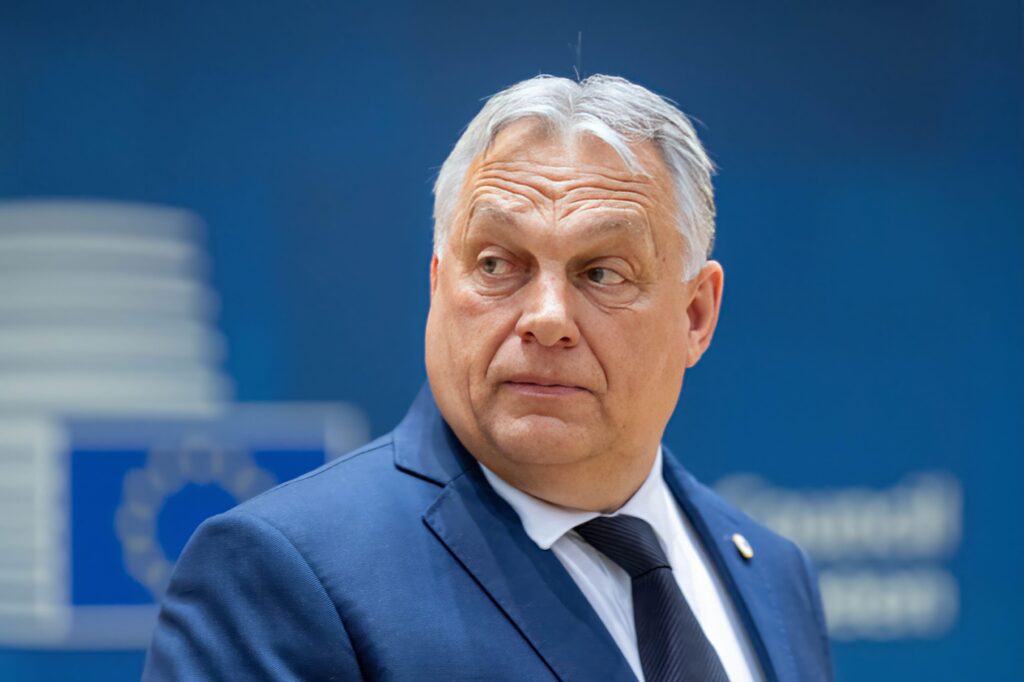This is a guest post by Dick Russell.
The day before President Trump made his decision to pull the U.S. out of the landmark Paris climate accord, ExxonMobil reluctantly crossed a climate threshold.
A majority of shareholders, over 62 percent, voted in favor of America’s biggest oil company releasing detailed analyses of the risks that climate change poses to its business.
Having previously argued that sufficient information is already being provided, CEO Darren Woods relented far enough to say that Exxon would “take the vote seriously [and] will respond to that feedback and look for opportunities” to communicate. Woods did not, however, agree to produce a requested report.
All year, since Rex Tillerson stepped down as CEO to become the new administration’s Secretary of State, Exxon has seemed intent on putting a good face to its stance on climate regulations.
Late in March, asked by the new administration for its views on the Paris agreement signed by 195 nations since December 2015, the corporation responded with a letter describing it as an “effective framework for addressing the risks of climate change” and adding that Exxon remained “well positioned to compete” under the proposed carbon emissions reductions. Tillerson himself was said to be a supporter of remaining in the voluntary international pact.
None of which apparently made the slightest difference. Less than a week after receiving Exxon’s letter, Trump signed an executive order aimed at undoing the Obama administration’s Clean Power Plan. That was followed on June 1 by the Paris pull-out and, if Tillerson objected, he kept his lips sealed.
The timing of it all, coming as protesters outside Exxon’s annual shareholder meeting in Dallas held aloft banners proclaiming “Exxon Lied!,” is at best ironic — especially given what was revealed the day after by New York Attorney General Eric Schneiderman.
Documents turned over by Exxon to Schneiderman’s office, subpoenaed as part of an ongoing investigation into whether the company’s climate record amounts to fraud, show that Exxon misled investors by cooking the books on its accounting of greenhouse gas emissions. One “secret” set of numbers was utilized internally, while another that “may be a sham” got approved by Tillerson for dissemination to shareholders.
The attorney general’s court filing stated it had “uncovered significant evidence of potential materially false and misleading statements by Exxon.” The probe is also examining emails sent by Tillerson under a pseudonym (“Wayne Tracker”) over at least a seven-year period through 2015.
At a press conference during Trump’s recent trip to Saudi Arabia, Tillerson dodged a reporter’s question over whether he knew the identity of a “person of interest” in the FBI’s investigation of White House connections to Russia. The possibility that this could be Tillerson himself is described in Robert F. Kennedy, Jr’s introductory chapter in my recently published book, Horsemen of the Apocalypse:
Kennedy writes:
“In 2013, Vladimir Putin personally presented Tillerson with Russia’s ultimate honor to a foreigner, the Order of Friendship Award, after Tillerson signed controversial deals with the state-owned oil company. In 2011, Tillerson flew to Russia to sign a $500-billion arrangement to jointly drill in the Arctic Shelf and the Black Sea and to develop shale oil in Siberia. Tillerson’s company allegedly lost around $1 billion dollars due to sanctions the Obama administration placed on Russia after Putin annexed the Crimean Peninsula.”
Woods, after taking the reins as CEO from Tillerson in January, addressed the issue in a February interview with Forbes, saying: “In Russia, we’re there for the long term. We’ve got a successful business there, and we’ll continue to invest in that business.” Woods went on to point out that U.S. sanctions against Russia are stronger than those imposed by Europe, adding that Exxon’s decade-long joint venture with Rosneft at the Sakhalin-I project had been grandfathered in.
As for whether Woods hoped that his former boss would seek to lessen the other sanctions, Woods said: “That’s a decision the government makes. We try to make sure that policymakers understand the implications.”
The truth is, top management shows little sign of understanding the implications of soaring temperatures and melting ice in the Arctic — except for how this opens the ocean to more drilling potential.
At least this year, enough investors came together to send a clear message, spearheaded by a large coalition that included the New York State Pension Fund and the Church of England (worth some $4 trillion).
“The burden is now on ExxonMobil to respond swiftly and demonstrate that it takes shareholder concerns about climate risk seriously,” said Thomas DiNapoli, New York comptroller and trustee of the state’s Common Retirement Fund.
Dick Russell is author of Horsemen of the Apocalypse.
Main image: Exxon Gas Station Credit: Mike Mozart, CC BY 2.0
Subscribe to our newsletter
Stay up to date with DeSmog news and alerts






